Emma Patterson
You can count on Emma to ensure that the talent in your team will truly fuel the potential of your organisation's Sales & Customer Experience. Her non-profit, hospitality, financial services, and telecommunications clients have come to depend on her strategic recruitment campaigns - coupled with her transparency, reliability and fun sense of humour, Emma creates an unforgettable and exciting experience. For a Zoom, a coffee or just to say hi, you can find her on the details below.
Contact centres can be some of the most challenging yet rewarding workplace environments to operate in. Employees are often faced with difficult conversations, emotional customers and challenging scenarios – and once a call is finished, they simply have to keep going and answer the next one.
Here are some key tactics that you can use to improve the resilience, psychological safety and mental health of your call centre employees.
Promote mental health positivity
One of the key barriers surrounding creating a healthy conversation and openness surrounding mental health is the stigmas that surround it. Ensuring people feel comfortable and safe to talk about their issues is the first step in promoting psychological safety. Here are three ways that you can encourage open conversation around mental health.
1. Appoint mental health champions
Recruit people across the call centre and at all levels of the organisation to be mental health champions. They may have had their own mental health struggles, a story to tell regarding a friend or family member, or simply be passionate about the cause. It’s important to approach the conversation with sensitivity when asking them to be your mental health champion – reiterate that you want to increase awareness and open conversation, and that each champion will be treated with the utmost respect and consideration for sharing their story with their colleagues. Ideally, you want this to lead to more people putting themselves forward as mental health champions who can gather each month to discuss the promotion of wellbeing & discussion surrounding mental wellbeing in your organisation.
2. Implement a mental health and wellbeing events calendar
Events such as World Mental Health Day, RU OK? Day, or fundraising events for charities such as Beyond Blue and Lifeline are a great way of embedding mental health awareness & conversation in your organisation. Lead from the top and encourage senior management to be as involved & visible as possible, engaging in active conversation with all levels of the organisation and even hosting information sessions on the mental health support resources available to employees.
3. Easy access to support resources in communal spaces
Whether you have a company intranet, email chains or posters as your means of sharing internal communications, it’s important that your employees are aware of the resources available to them. Many contact centres have an Employee Assistance Program with extensive support options including complimentary counselling over the phone for employees and their immediate family. Share these resources across all of your communications platforms regularly, include the information in inductions, and reward team leaders and management for referring their team members to the program.
4. Regular lunch & learns, webinars or sessions on mental wellbeing
Plan regular internal events on a broad range of mental wellbeing topics such as mindfulness, sleep, relationships and stress management. If you have large call centres spread across various locations, plan 15 minute webinars several times throughout the day to increase engagement and attendance. Your whole contact centre can’t attend a webinar at the same time, so planning several throughout the day will help both team leaders & their team members plan to attend when suits them best.
Look into the root causes
Put yourself in your peoples’ shoes and think about the scenarios they are often faced with during the day. We’ve compiled a couple of examples below to help set the scene:
“A top-performing customer service representative has just answered a call from a very disgruntled customer. This customer feels as though they have received poor customer service and so far, and all of their frustration, anger and emotions are being taken out one individual who is attempting to rectify the situation in the best possible way. Your customer service representative continues to resolve the situation for the customer, they apologise for any inconvenience caused, they hang up the phone. The next customer to call is in the exact same situation, and the same repetitive conversation begins again.”
“A claims officer takes an inbound call from a homeowner who has come home to discover their house has been broken into and their possessions stolen. This individual is very emotional, so the claims officer takes their time to listening to their frustration and walks them through the steps to lodge a claim. The homeowner becomes increasingly angry and frustrated at the claims officer, and after a tirade of verbal abuse, hangs up the phone. The claims officer reaches out to their team leader for support to only be told that they took too long on the call, conflict is part of the job, and to get back on the phones.”
Sources of employee stress and depression in contact centres include rising customer expectations, inadequate conflict management training and support, constant measuring and monitoring of call length and frequency, and repeated challenging conversations. And these are just workplace-based sources of stress – never mind what may be happening within their personal life. It’s important to be aware of the daily experiences of the people in your contact centre to know how to truly support their mental health.
Build psychological safety and resilience
Psychological safety is building confidence and reassurance in your team that they won’t be punished if they make a mistake - allowing for moderate risk-taking, speaking their mind, creativity, and collaboration – without fear of negative consequences.
Psychological safety ensures trust and resilience in high-performing teams – as Paul Santagata, Head of Industry at Google says, ‘there’s no team without trust.’
Creating a shared belief of safety, acceptance and respect is key to psychological safety – and in an environment where call length, frequency, and dollar values are often the key metrics, it’s easy to see why contact centres may be missing the mark. Here’s a few simple ways you can create psychological safety in your contact centre teams.
1. Build trust and open communication in your team by asking them how you can improve.
Take the focus off their performance, and ask for feedback on how you operate and if there’s anything you could be doing better or differently.
2. Encourage learning and curiosity.
Support your team to develop their skills through learning and development initiatives. Rather than dismissing employees for requiring improvement in certain areas, use these areas as an opportunity for their growth and development with personalised training plans
3. Empower them to use their voice through creating open communication pathways with leadership.
Disregard rank and hierarchy, and support employees to raise their thoughts, concerns, ideas, feedback through healthy conversation across levels and departments.
4. Trust and respect your team to do the right thing.
Building interpersonal trust and mutual respect enables people to feel comfortable being themselves, during which their best performance can be achieved.
Reduce stress in their environment
Leaders play a critical role in creating a safe and secure working environment for people in their organisation. Reducing external stresses such as workplace politics, financial outcomes and conflict frees your team up to spend their time and energy to perform their best, be actively engaged in their role and seize opportunities.
While working in a contact centre role can be challenging at times, it's also an incredibly rewarding career which involves working closely with customers deliver exceptional business outcomes. As a key touchpoint for customers, contact centre work varies depending on the industry - from fundraising, handling queries and complaints, through to outbound sales. The experience can go miles towards personal growth and strengthening resilience, plus there's the potential to gain skills that are highly transferable - and highly in demand!
As the voice of your customer facing brand, hiring the right talent in contact centre teams is of critical importance to your organisation's success. At Talentpath, our specialised recruitment strategies can ensure you have the best service providers in the market, with national reach into uncapped numbers of Sales and Customer Experience talent looking to deliver the highest levels of service for their next workplace.


